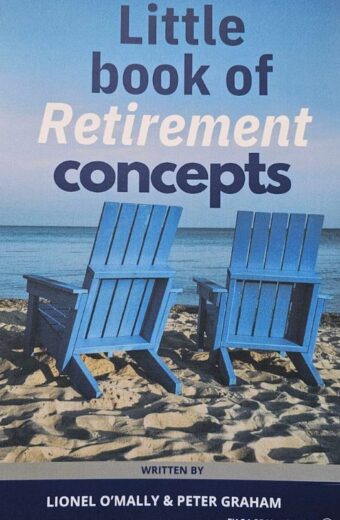Retirement isn’t an event: it is a process, which happens over time. For many of us it comes with leaving full-time employment at 60 or 65 or thereabouts. For others it is a process of winding down over a longer period. For some it is a stage of life where choosing to continue to work is a preference, but with emphasis on the sense of choice. It can also be a stage of enforced idleness, when work would still be desirable, but is not on offer. Finally, for some, it is about adjusting to the retirement of one partner, when the other has been at home all the time.
The fundamental difference between retirement and earlier life stages is that most of us have no idea when retirement will end. Other life stages all have an expected end point, which can be estimated, planned for, anticipated with pleasure. However, retirement might last a few years, or many, and how we feel about that is symptomatic of how we typically deal with uncertainty. Generally, the end of this stage is not universally welcomed!
In our baby boomer generation both men and women are retiring from employment – for the first time a generation will retire who do not have models from their parents of managing this joint transition.
Many pundits start from the premise that retirement needs to be planned in order to be fulfilling. How fed up are you with exhortations that you should replace working structure with retired structure, and should not just ‘drift along’? I think we need a different mindset for approaching retirement. We need to reconstruct our identity (about which we talk more below) and learn to cope with a more fluid approach to the future, where firm plans are unlikely to be helpful. We do need to plan some practical aspects, however, and financial planning is especially important. In our hierarchy of needs, basic financial security will be key to ensuring we can have confidence in approaching our retirement.
Written By Sarah Davis

